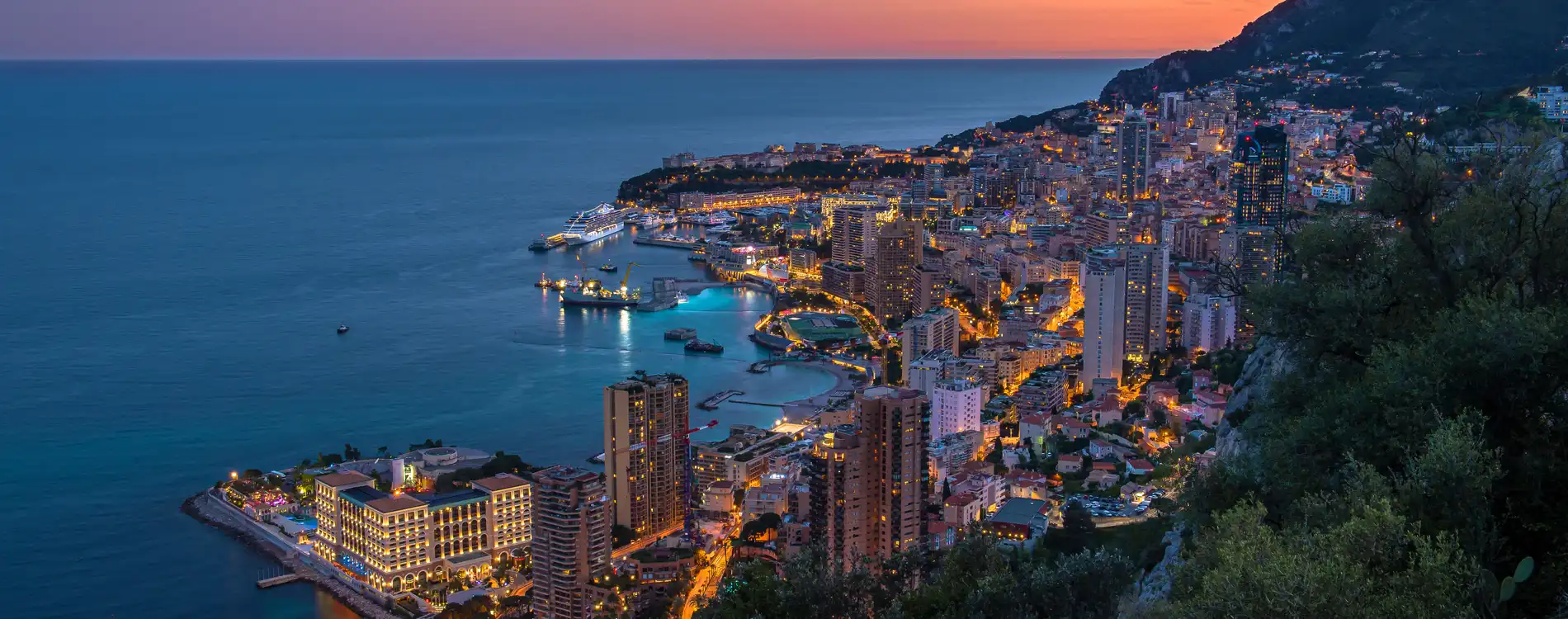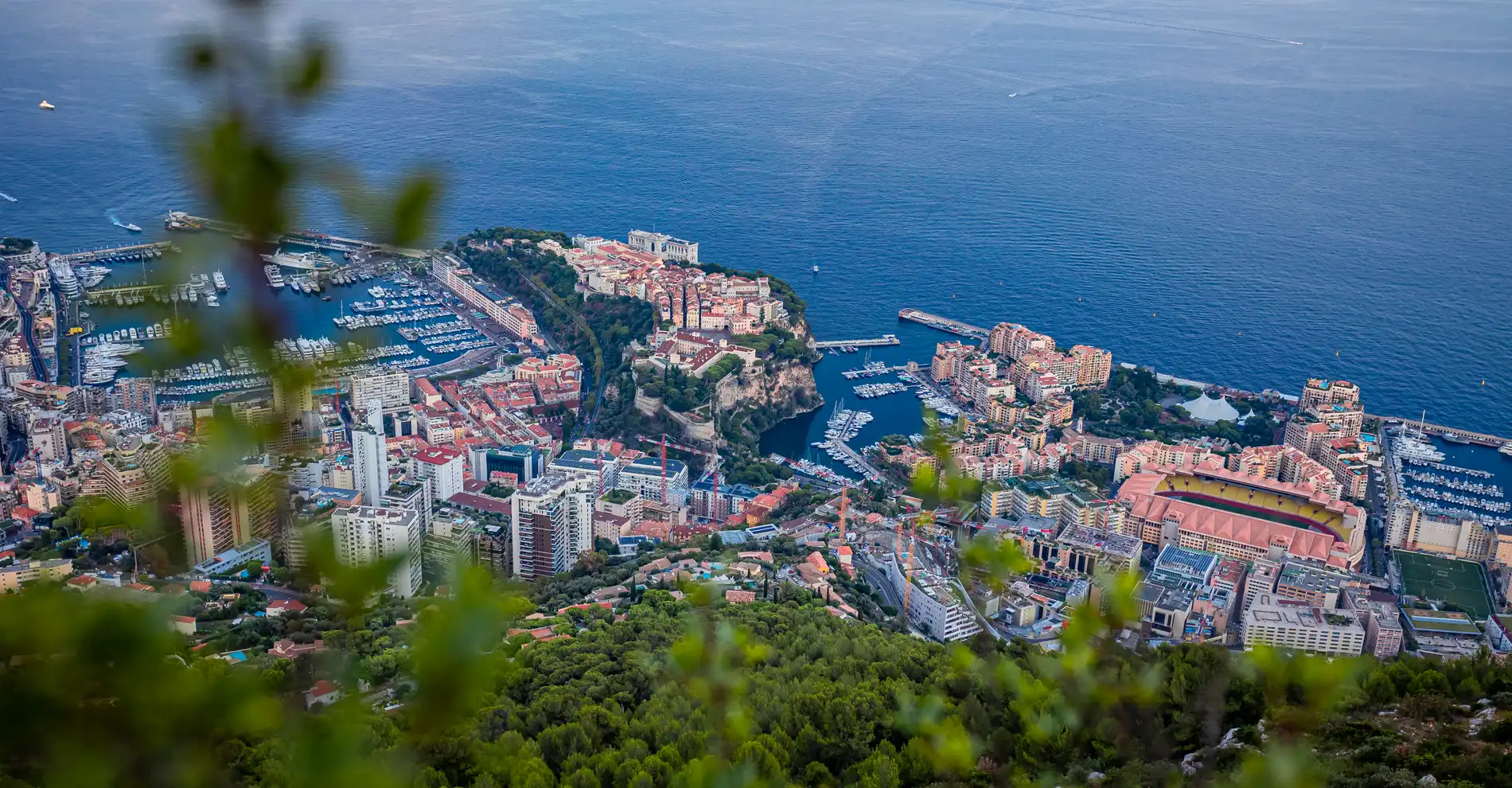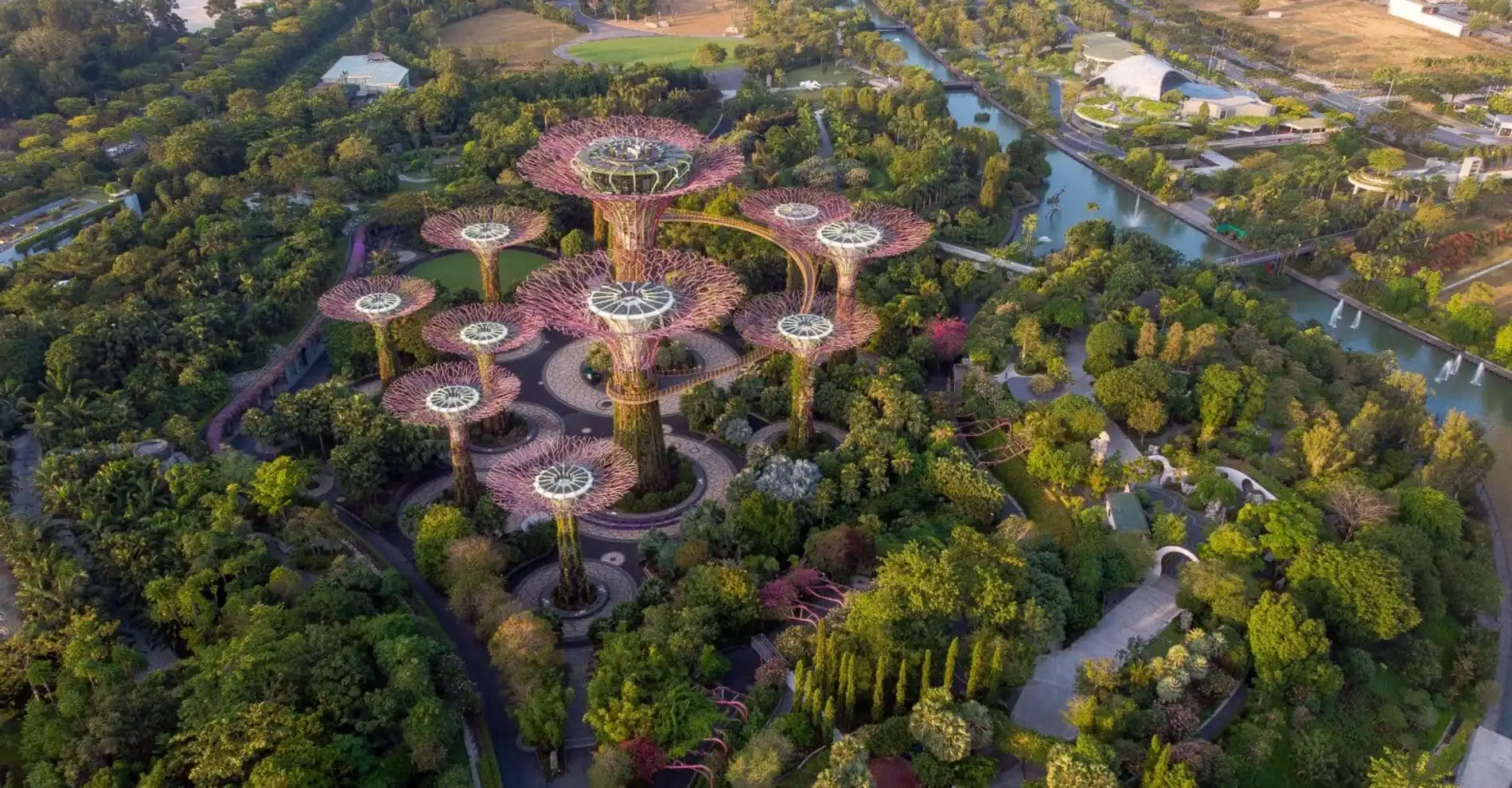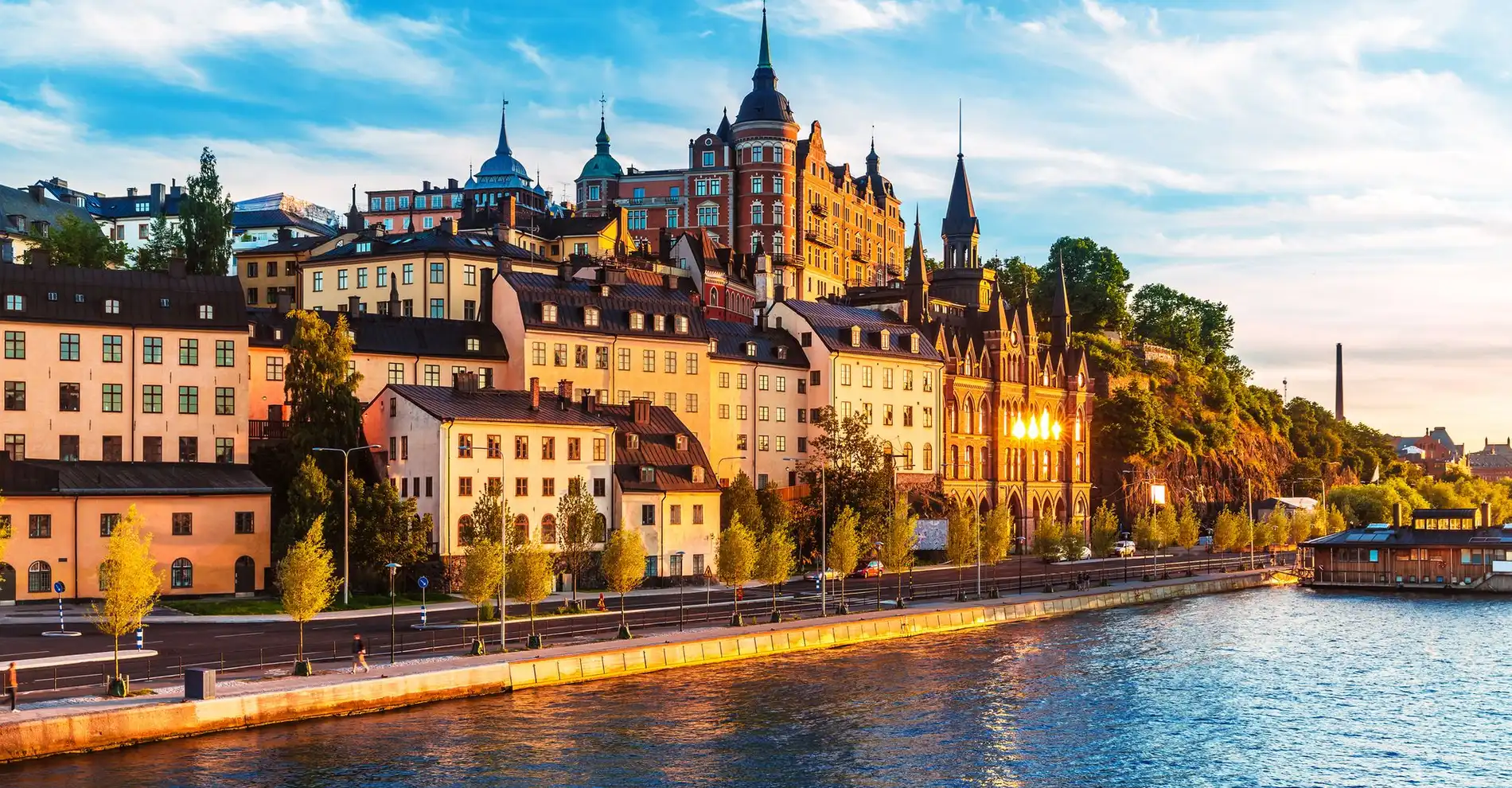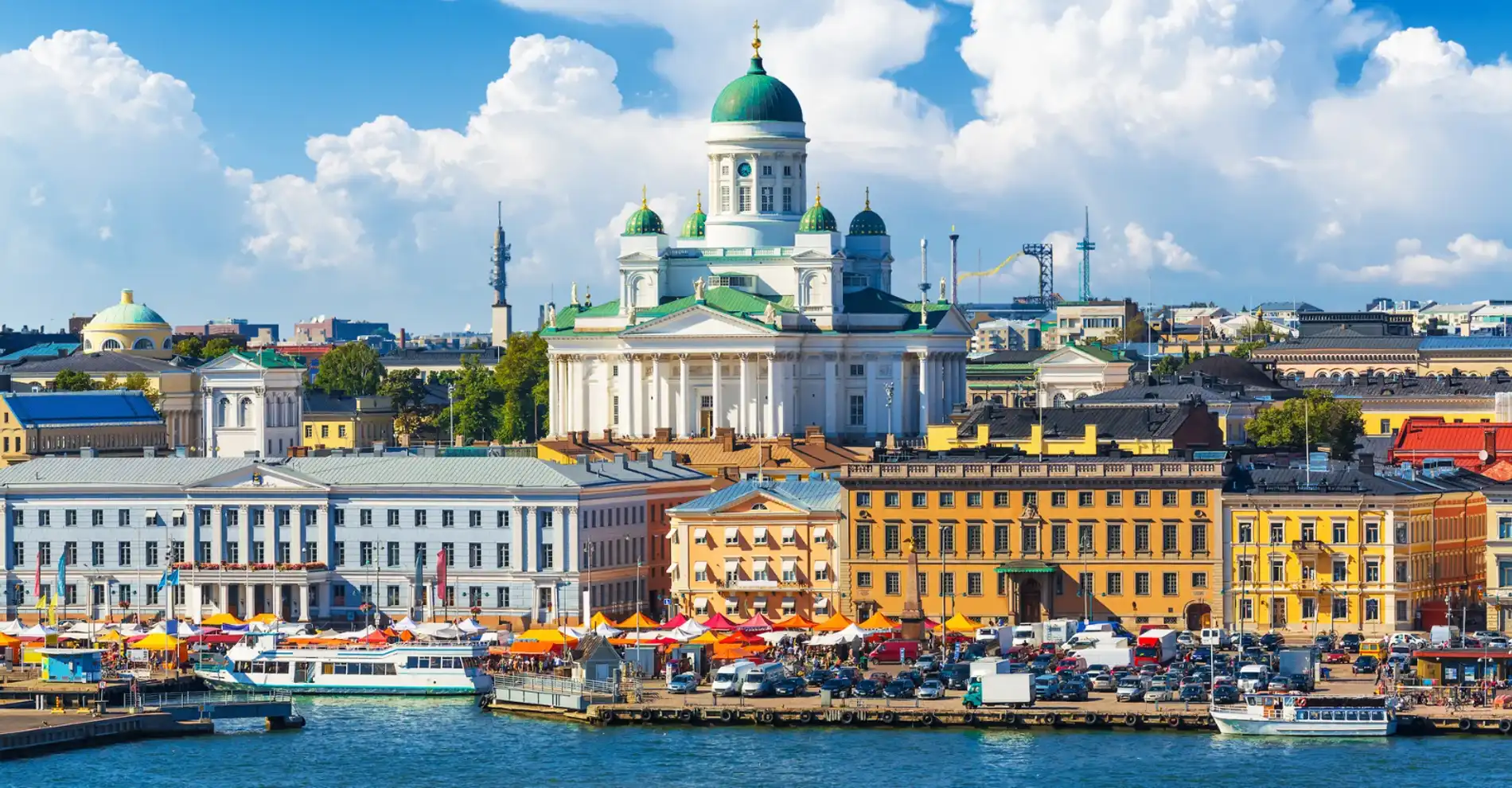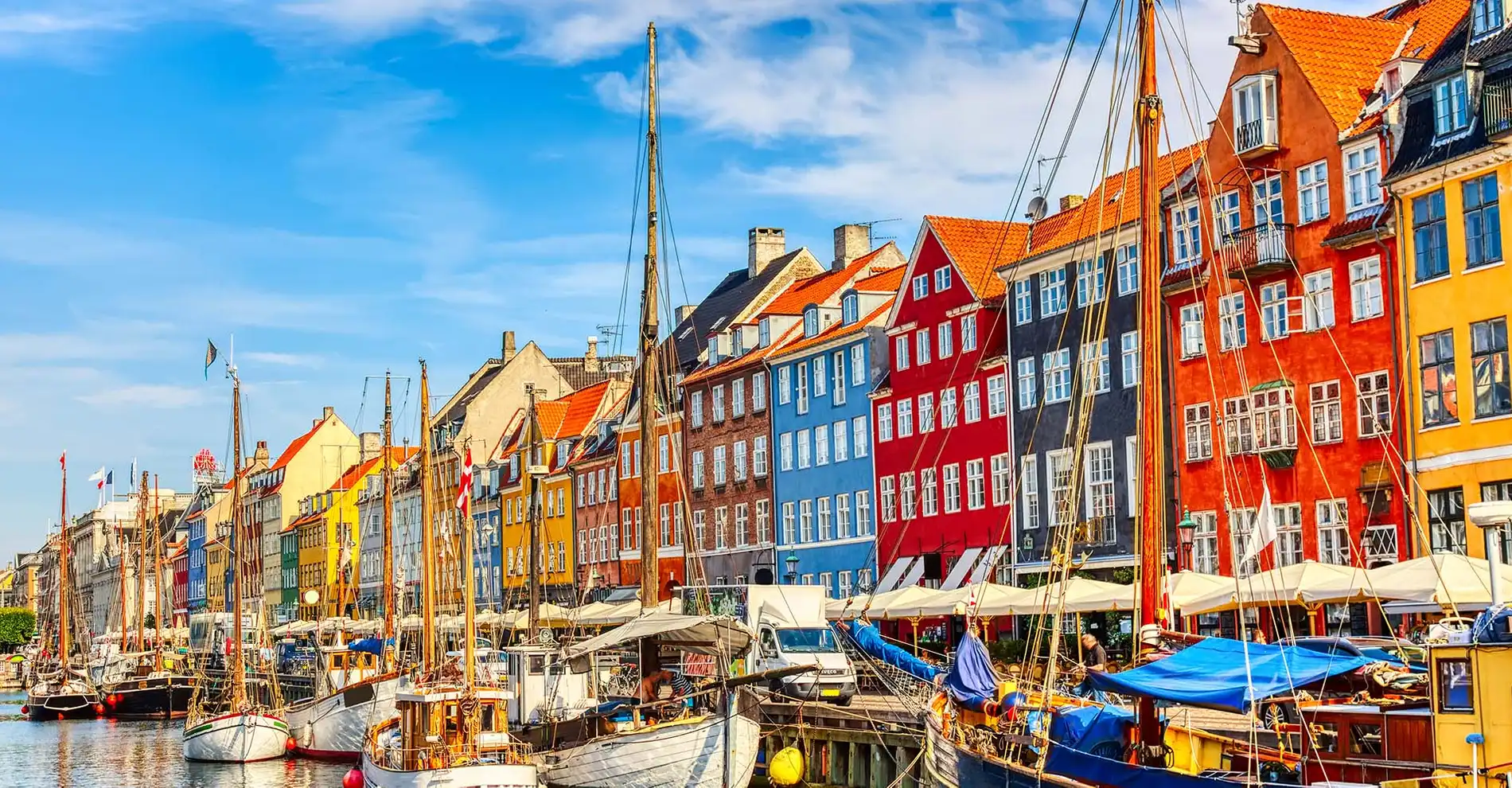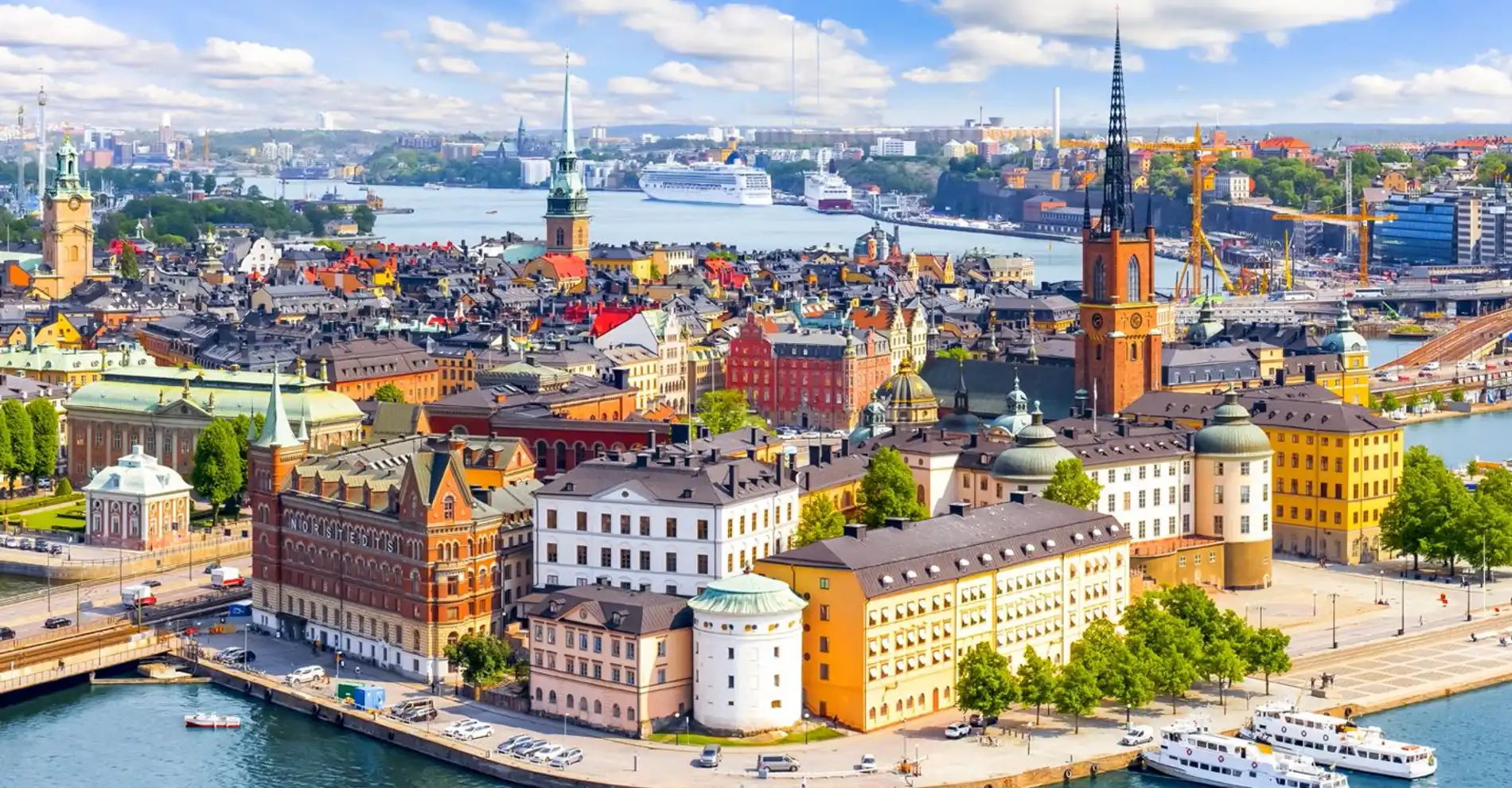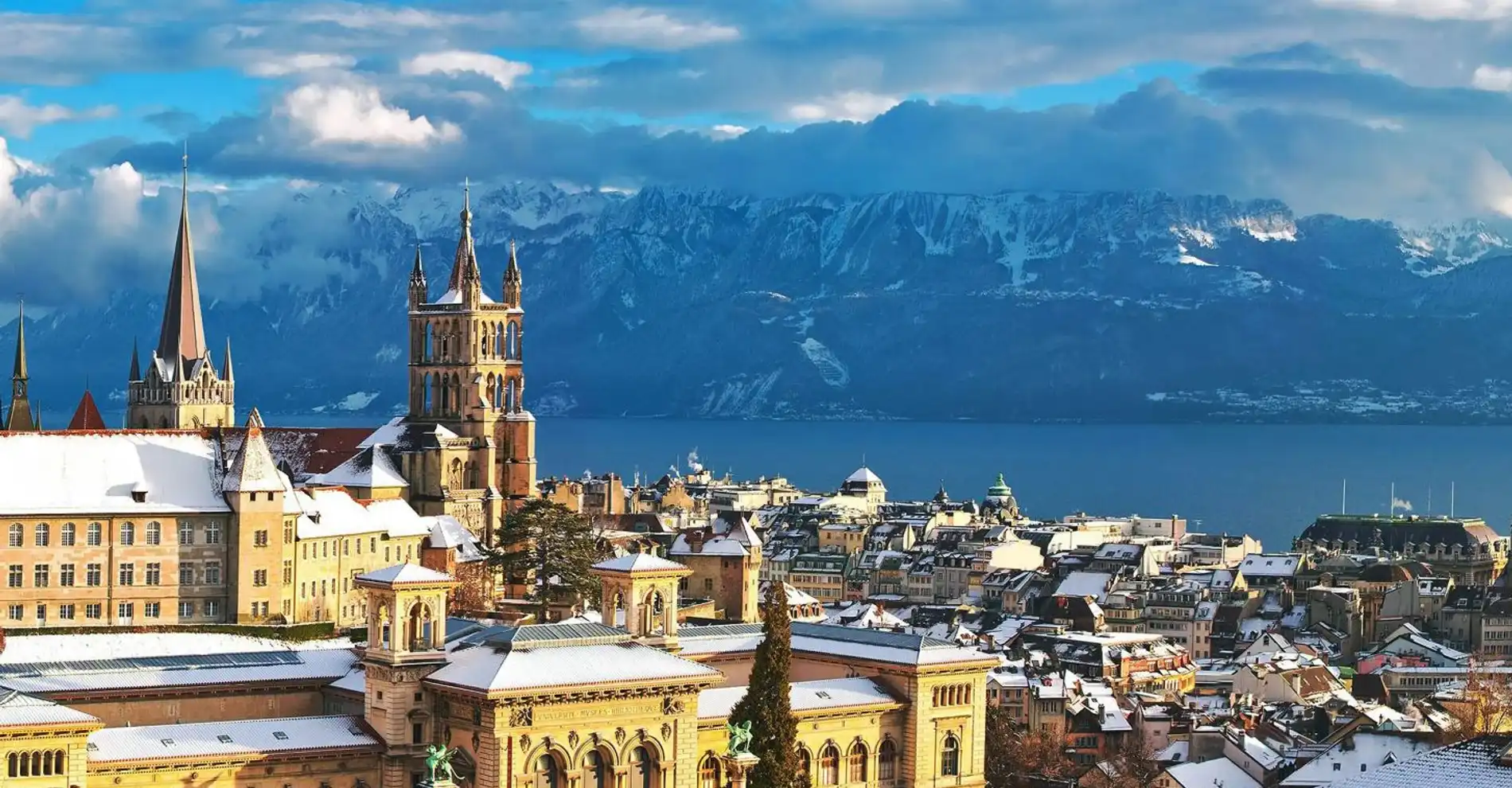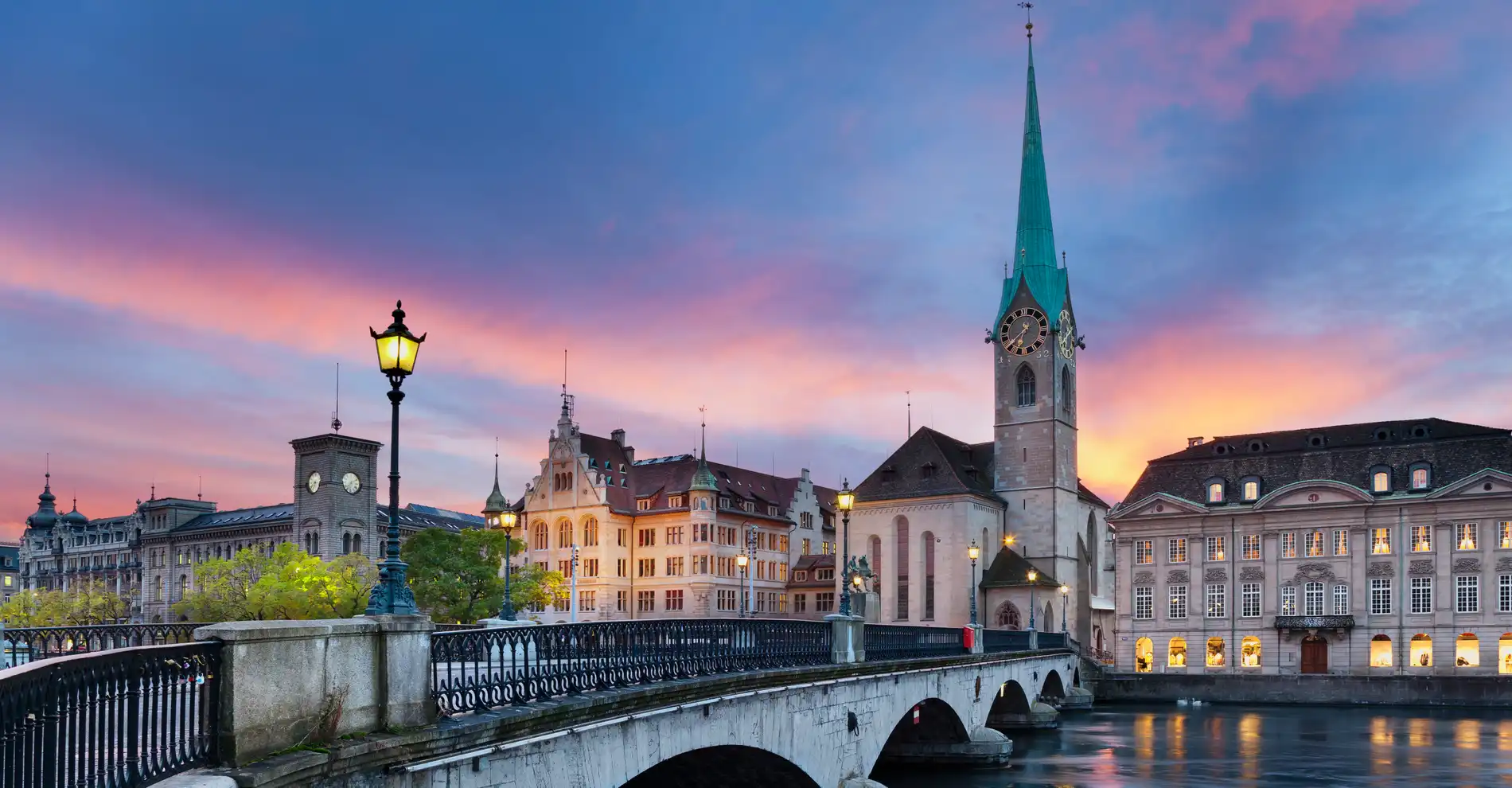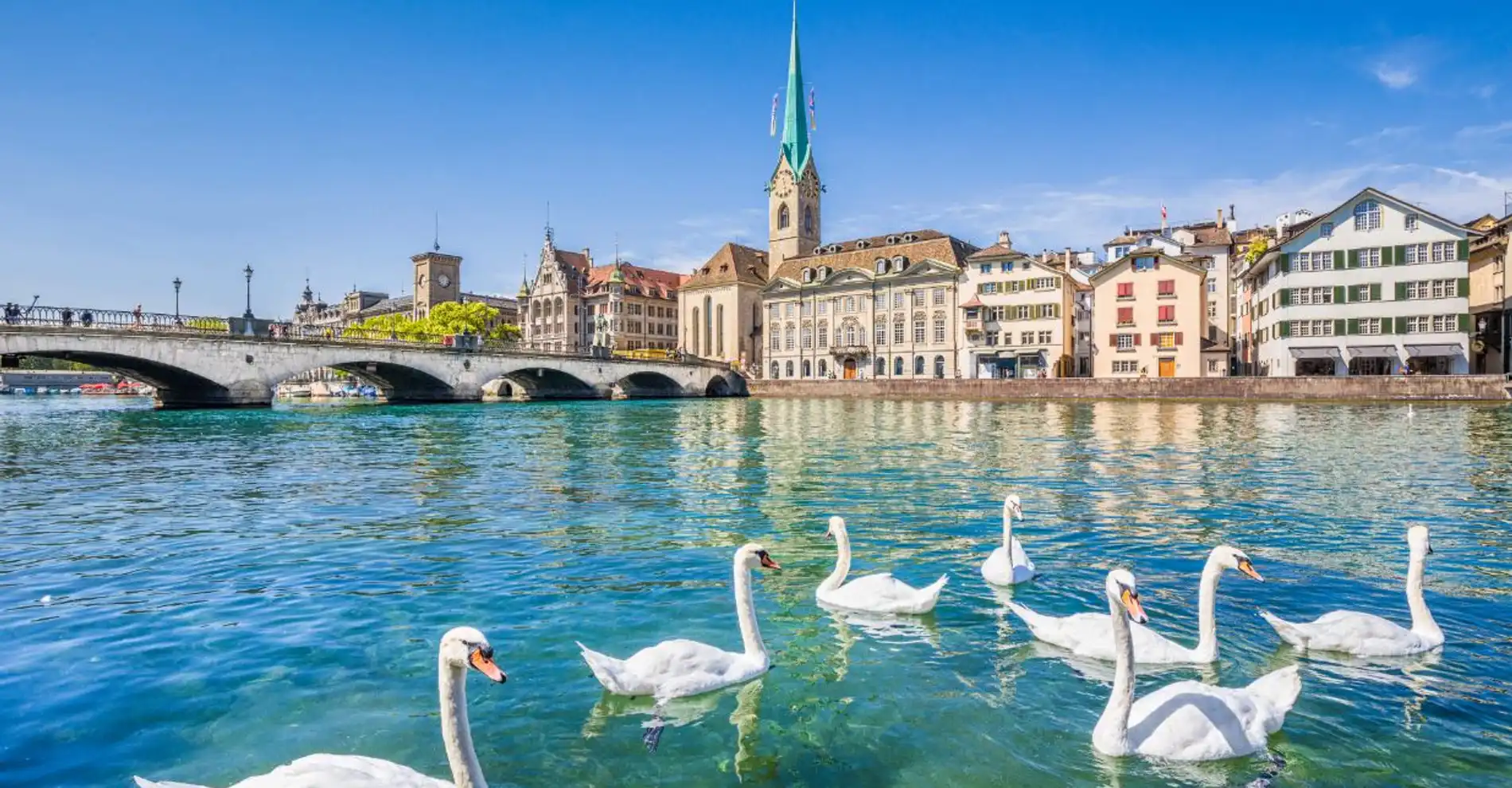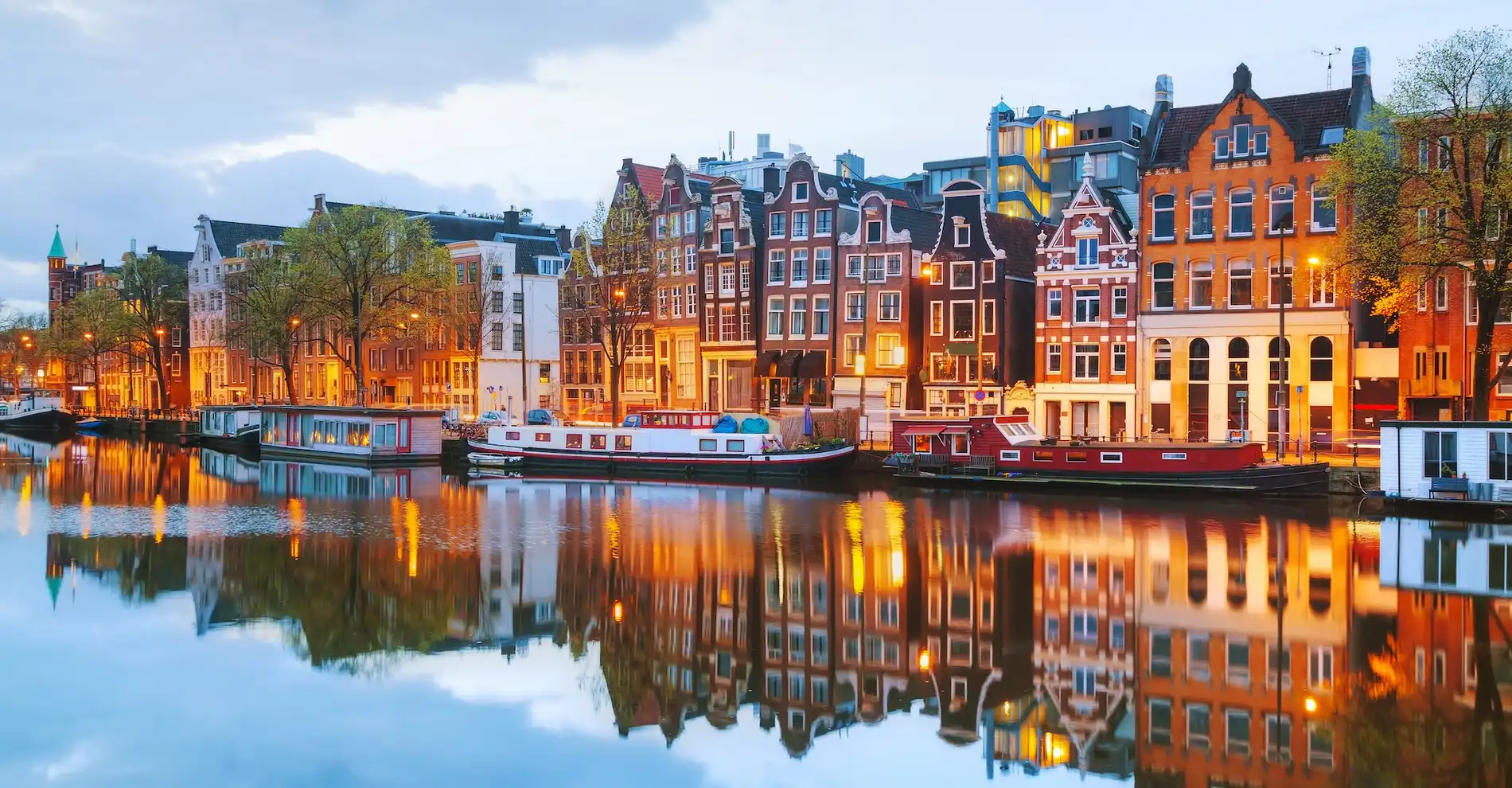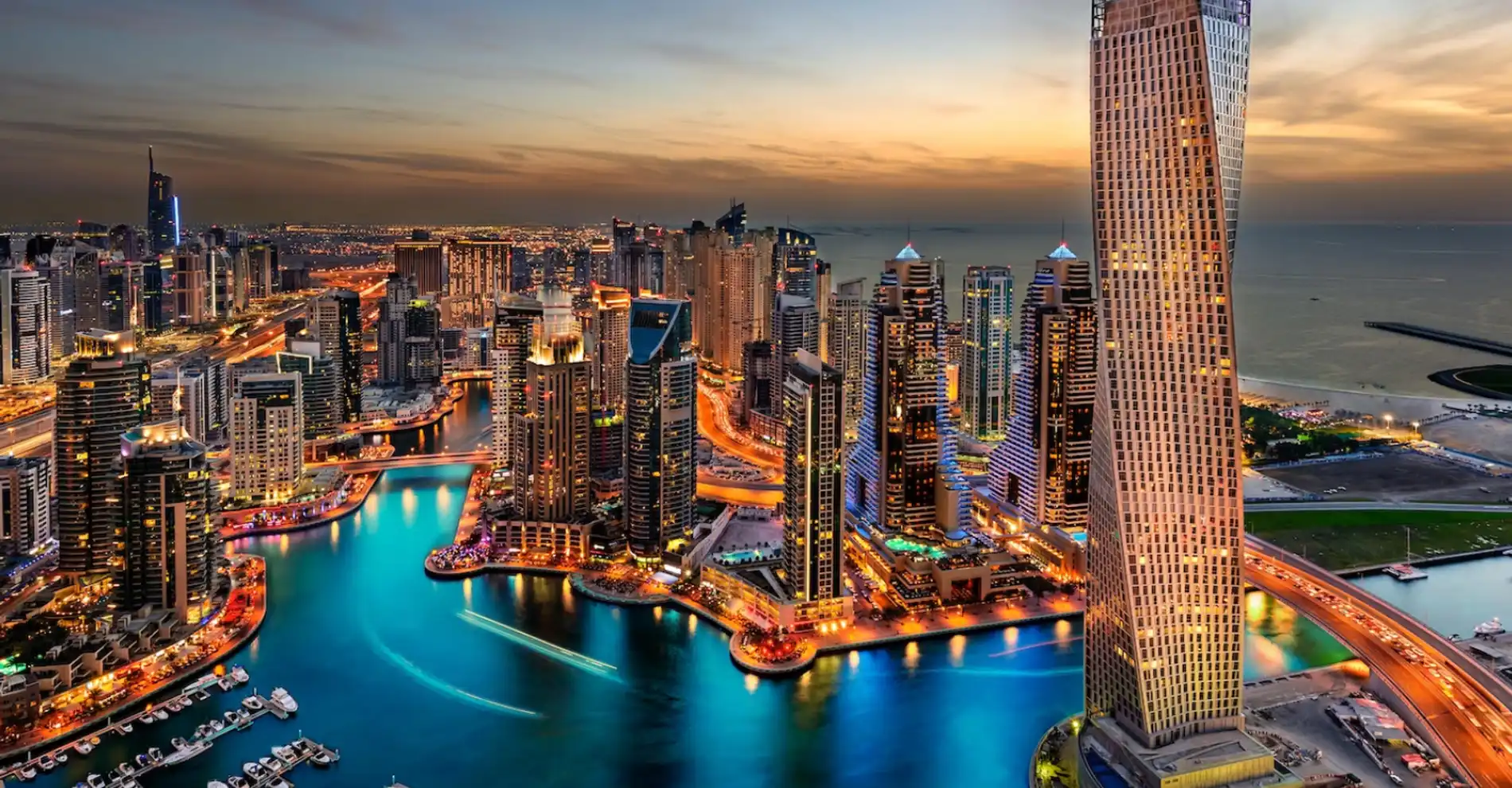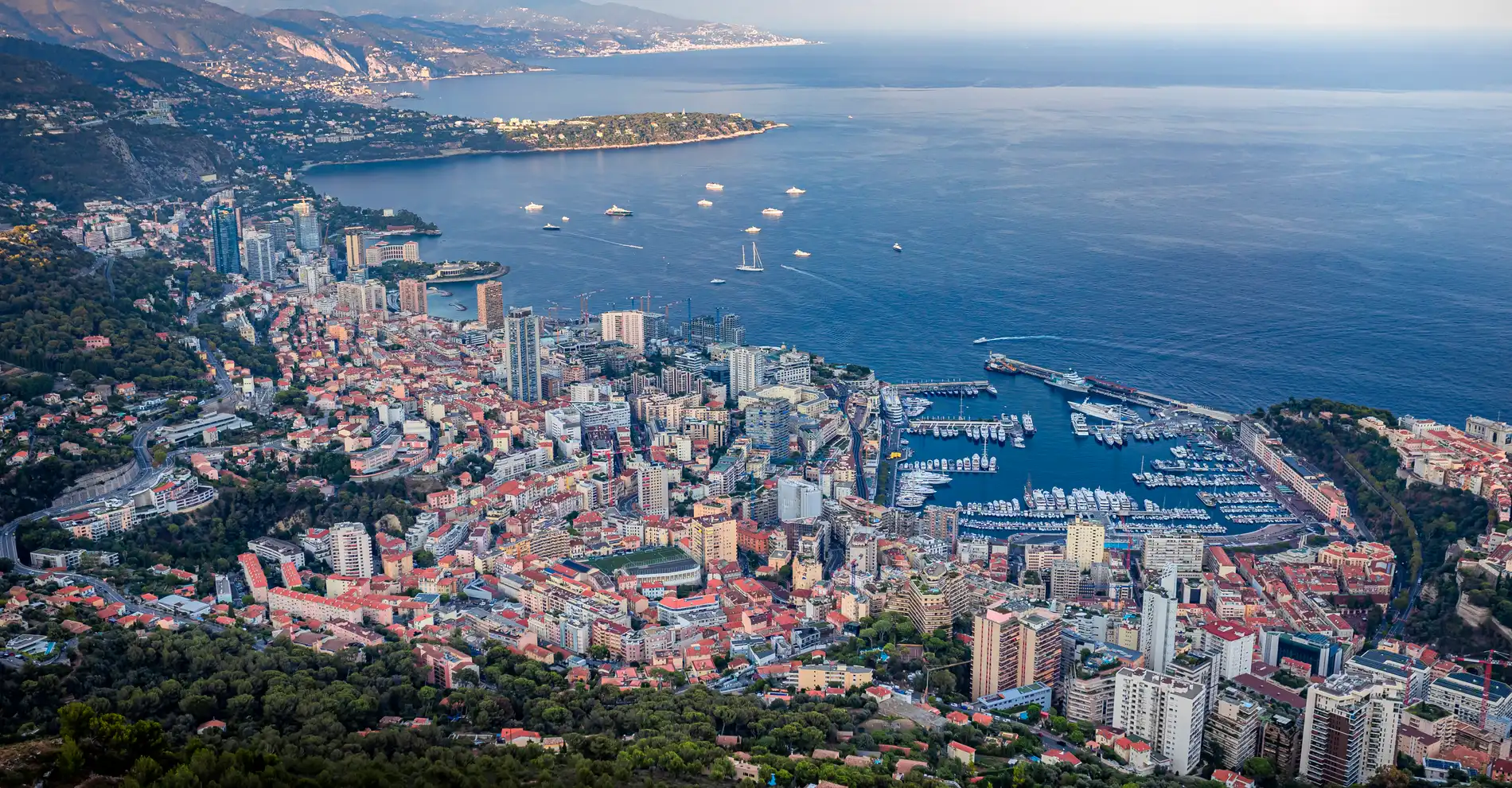Updated on December 01, 2023
In 2023, the concept of the "smart city" is constantly being fine-tuned. While this term used to refer to any city incorporating so-called "smart" digital elements, smart cities are now becoming urban areas where technology is used to improve quality of life and regulate the environmental impact of human activities. Becoming smart is a strong commitment that appeals to many major capitals and business-friendly cities, not to mention city-states such as Monaco.
Smart city: definition and concept
The notion of the "smart city" is associated with the development of connected objects in the early 2000s. This was when computerised waste management, as well as water, energy and transport networks gained momentum. Thanks to sensors, servers and algorithms, the best-equipped cities were able to optimise all their services. As a result, "smart cities" emerged, using technology to save resources and provide a high quality of life to residents.
The organisations and universities that specialise in studying and ranking smart cities have broadened the concept to take many different aspects into account when compiling the rankings. The IMD Smart City Index 2023, defined by the International Institute for Management Development in collaboration with the World Smart Sustainable Cities Organization, weights residents' perceptions of health and safety, mobility, activities, opportunities and governance with raw economic data to paint a picture of cities where technology serves residents’ well-being as well as the economic and ecological vitality of the urban area.
Before this, cities created almost from scratch best represented the smart city concept. In the early 2010s, the international city of Songdo, South Korea, broke new ground with its centralised and virtuous waste collection system, the use of large-scale cameras and sensors for surveillance and mobility monitoring, and the continuous sharing of weather and traffic management information. Cities considered more major then adapted their infrastructures to this type of model.
Smart City: the best examples
Oslo, Copenhagen, Helsinki and Stockholm: Nordic cities top the rankings
Regularly ranked in the top three smartest and most virtuous cities, Oslo has set an example in terms of its low energy consumption through a number of major developments, including incentives for using electric vehicles and a smart LED lighting system adapting streetlight brightness to visibility in real time, not to mention the use of data to limit CO2 emissions in a transparent way. This range of initiatives has encouraged neighbouring capitals to emulate this Norwegian model: Copenhagen, Helsinki and Stockholm are among the top 10 smart cities according to IMD, proof of a Nordic tendency to demand a high quality of life.
Barcelona: the pioneering smart city
While many of today's major cities have integrated innovation into their governance and practices, for a long time, Barcelona was the leading major smart city. Back in 2015, when 3G was a luxury, the Catalan city launched a free Wi-Fi service, set up a system of sensors to detect vacant parking spaces, organised their waste collection based on data to reduce the number of collections, and developed urban density measures to adapt public lighting. All these technologies have acted as a showcase for other cities wanting to adapt their energy consumption and optimise their operations.
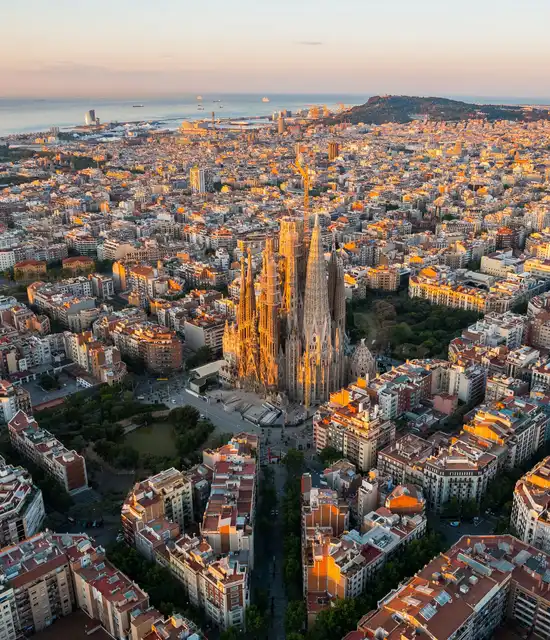
Singapore: the smart city on a national scale
In 2014, the government of the Asian city-state launched the Smart Nation programme to make Singapore a smart city, based on three key pillars: digital economy, digital government and digital society. Artificial intelligence, digitised public services, self-driving vehicles, telemedicine and the Internet of Things have since all been used in numerous initiatives as part of this long-term project, which unites many of Singapore's sectors, from social housing to finance. As the leading Asian smart city in the IMD ranking for 2023, the city remains an example for all the world's city-states, which can make the quality of life of their citizens match their development prospects.
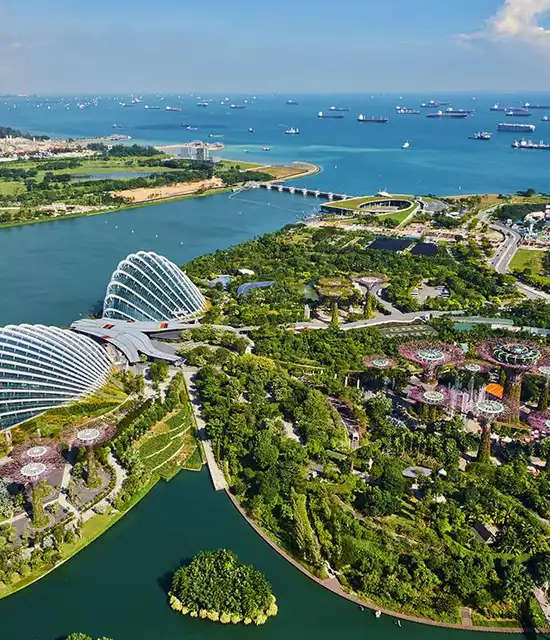
Zurich, Lausanne and Geneva: optimised smart cities
With Zurich in first place, Lausanne in fifth and Geneva in ninth, the concentration of Swiss smart cities in the IMD top 10 in 2023 is remarkable. The Smart City Suisse programme, set up in 2012 with the help of academic institutions, public authorities and businesses, has supported numerous projects in these three Swiss cities. From car-sharing to solar panels, via smart buildings in Zurich, eco-neighbourhoods in Lausanne and ambitious noise reduction measures in Geneva, the best tech is coming together in Switzerland to contribute to the well-being of city dwellers.
Amsterdam, Paris and London: smart megacities
To find a city with more than one million inhabitants in the 2023 smart cities ranking, you have to go down to sixth place: London. This is because the survey methodology works against megacities and their structural inertia. However, major cities such as Amsterdam and Paris aren’t far behind and are making greater strides every year. Eco-neighbourhoods, connected public buildings, transport measures and urban planting efforts are all helping to keep these capitals among the top smart cities today.
Dubai, Abu Dhabi and Riyadh: the smart cities of the Gulf
For many years now, the United Arab Emirates and Saudi Arabia have been transforming their main cities, with a view to adapting to the post-oil era. This is why the major Emirati cities of Dubai and Abu Dhabi are now very high up in the smart cities rankings, while Riyadh, the Saudi capital, is making year-on-year progress. More virtuous construction, the introduction of more sustainable means of transport (the Riyadh metro became operational last year) and centralised service apps, such as DubaiNow, are making the major cities of the Gulf leading players in the smart, connected cities market.
And how about Monaco?
With the first sovereign cloud in Europe, early deployment of 5G, the government's Smart City Monaco project, connected bus shelters, and more, the Principality has long been integrating the smart city approach into its municipal and state governance: the Extended Monaco programme for business has led the way in its determination to give pride of place to digital technology. Today, Monaco is particularly involved in the rise of PropTech, the application of high-tech solutions to the construction and management of property. For example, the Principality, in collaboration with SMEG and Siradel, has created a "digital twin" of Monaco, a highly accurate 3D representation of the city to coordinate construction, mobility and public works. A "solar map" is also used to understand and organise the electricity generated by each building. These are just some of the initiatives that have transformed the Principality into a smart city with a high level of services, and a pioneering city-state when it comes to digitisation.
Monaco's transformation into a smart city can also be seen in daily life. Georges Gambarini, head of the Smart City programme at the Interministerial Delegation for Digital Transition, explains: "The [government's] mission is ambitious, focusing on improving and simplifying the daily lives of the Principality's residents, workers and visitors.” This commitment is already being demonstrated through "digital services that give residents easier access to the city's resources and their day-to-day needs", including apps providing information on building sites and roads, public transport timetables and tickets, and a calendar of events in the Principality.
For future decisions, the Principality is currently deploying networks of sensors (air and pollen, air quality, traffic flows, pedestrian flows, noise, etc.) to feed "a network of data fed back into decision-making tools", explains Georges Gambarini. The aim is to use Big Data to develop "mobility, safety and urban planning" based on what happens on a day-to-day basis. The first effects of this new transformative tool will soon be felt throughout the city!
The future of the smart city concept
By 2028, the global smart cities market is expected to exceed $2.9 trillion. This underlines the importance of the urban transformation underway and planned in these smart cities. And technology is not the only driving force behind this 'industry': while residents are aware of innovative initiatives, the vast majority want their cities to become role models when it comes to sustainability, the environment, inclusiveness and diversity.
Today, cities around the world are competing and emulating each other. Capital cities, major metropolises, city-states and medium-sized towns are vying to be more attractive with major projects, and their leaders (mayors, governors, princes, burgomasters, etc.) are sometimes as popular as heads of state. The top 15 to follow demonstrate the global effort to improve the quality of life and the impact of human activity on an urban scale.
You might also like…
AI and tourism: a new invitation to travel
Discover how artificial intelligence is reinventing the art of travel: more seamless, more personal, more vibrant. Welcome to the era of augmented tourism.
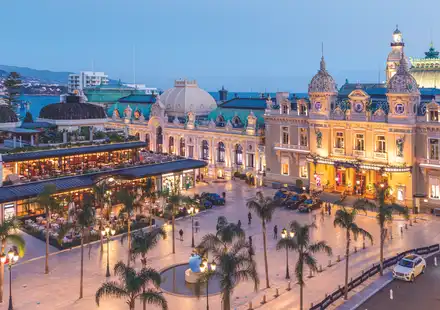
Rolex Monte-Carlo Masters, the holy ground
Learn the history of one of the most prestigious tennis tournaments of the ATP tour, the Rolex Monte-Carlo Masters. It takes place every spring on the clay courts of Monaco.
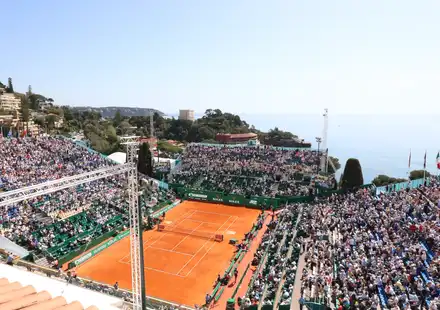
When the Monte-Carlo Société des Bains de Mer universe meets the art of Chynoax
Through its partnership with Chynoax, the Resort confirms its attachment to the French Riviera while highlighting a unique artistic vision.

